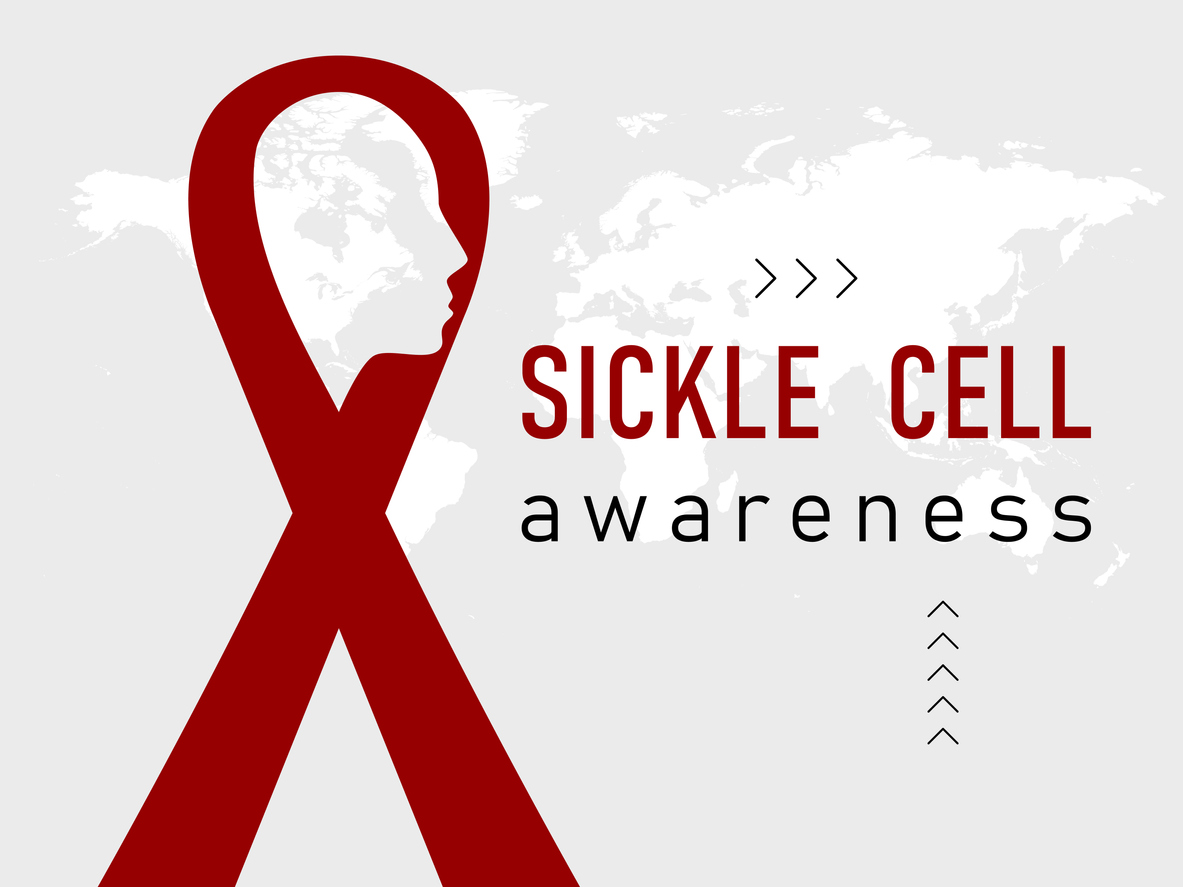FDA Greenlights Groundbreaking Gene Therapies for Sickle Cell Disease. On December 8th, 2023, the Food and Drug Administration (FDA) approved two milestone treatments for sickle cell disease (SCD). The historic move marks a significant leap forward in medical innovation and offers new hope to patients battling the condition. This post will first delve into the details of the FDA approval, availability of the treatments, and secondly the potential for insurance coverage.
Understanding Sickle Cell Disease
Sickle cell disease affects approximately 100,000 people in the United States and is especially common in African Americans. SCD is a group of inherited blood disorders characterized by a mutation in hemoglobin causing red blood cells to develop a sickle shape. This crescent shape restricts the flow of bloods cells and limits oxygen delivery to the body’s tissues. The condition results in severe pain and organ damage called vaso-occulusive events (VOEs) or vaso-occlusive crises (VOCs). The recurrence of these is debilitating and can be life-threatening.
The Gene Therapies
The FDA has given the green light to two ground breaking gene therapies for Sickle Cell disease: Casgevy and Lyfgenia. Both therapies come from the patient’s own blood stems cells. Cells harvested from bone marrow are modified, and then re-implanted via single-dose infusion. Cagevy uses a genome editing technology known as CRISPR/Cas9 that can cut DNA in targeted areas, allowing for accurate editing and transplantation of superior blood cells. Lyfgenia uses a gene delivery vehilcle know as a lentiviral vector. The therapy is approved for patients 12 years and up who have a history of vaso-occlusive events. Regardless of which treatment someone undergoes, patients are placed in a long-term study to evaluate the safety and effectiveness of the therapy.
Efficacy and Safety
As with any medical advancement, concerns about efficacy and safety are paramount. In the two studies done on the treatments, Casgevy had an efficacy rate of 93.5% in addition to Lyfgenia a rate of 88%. The most common side effects for both treatments were non-life threatening and consistent with those of chemotherapy. Additionally, a less common side effect of Lyfgenia is hematologic malignancy (blood cancer)
Hope for Patients and Families
The approval of gene therapies for sickle cell disease undoubtedly brings hope to countless individuals and their families who have faced the challenges of managing this incredibly challenging chronic condition. The average life expectancy for SCD is 52.6 years for males and 55 years for females. It is truly a groundbreaking medical advancement.
Insurance and Availability
Currently, the gene therapies will only be available at large, authorized medical centers due to their advanced level of care. This means limited accessibility to those not in urbans areas. At this time if you are Interested in the treatment, you must contact your doctor or a university hospital to inquire about operational locations. Cost-wise, the treatments are currently at $2 to $3 million per patient, which is unaffordable to most patients. The average lifetime medical costs of those suffering with SCD hover around $1.7 million, but many individuals might be unwilling or unable to pay more upfront. Currently Bluebird is the only insurer to offer coverage on either of the treatments. Lyfgenia has an outcomes-based framework, which grants rebates over three years if a patient is hospitalized because of a vaso-occlusion. It is yet to be determined if Medicaid and other insurance companies will cover the treatment.
Conclusion
The FDA approval of the first gene therapies for sickle cell disease represents a major milestone in the ongoing battle against this disorder. Hopefully, availability and coverage will only increase as awareness for the therapies grows. Nonetheless, the journey towards a more effective and accessible treatment for sickle cell disease has taken a giant leap forward.
For more information go to https://www.fda.gov/news-events/press-announcements/fda-approves-first-gene-therapies-treat-patients-sickle-cell-disease

